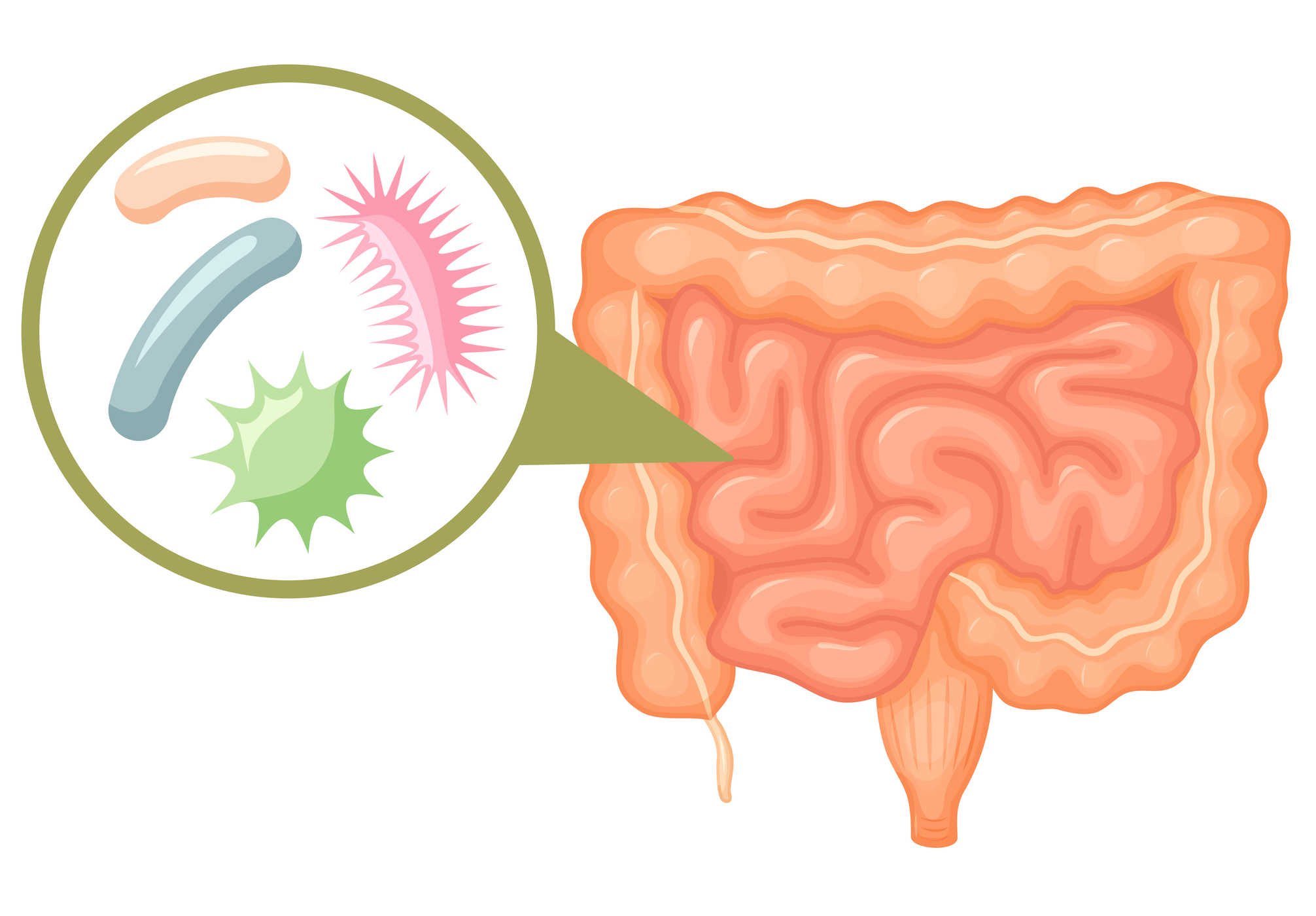Contents:
- Medical Video: Ear Problems & Infections : Causes for Continuous Ringing in the Ears
- What causes middle ear infections?
- How can ear infections affect brain function?
- Hearing loss
- Brain abscess
- Vertigo and loss of balance
- Meningitis
- Acute mastoiditis
- Paralyzed face
Medical Video: Ear Problems & Infections : Causes for Continuous Ringing in the Ears
Middle ear infection (otitis media) is one of the "subscription" diseases of children. Even so, it does not mean parents can underestimate this condition and provide makeshift care. Ear infections over time can affect brain performance if not treated properly until healed. Indeed, what is the connection between middle ear infection and brain function?
What causes middle ear infections?
Middle ear infections usually occur when sinus symptoms or a child's cold do not heal so that the snot becomes pooled in the empty space in the middle ear, which should only be filled with air.
The moist middle ear due to blocked fluid can increase the risk of bacteria and viruses multiplying in it, causing inflammation. Inflammation in the middle ear that is not handled can cause the ear to become sore and swollen, even pus out.
In developed countries, about 90 percent of children experience middle ear infections at least once before the age of school entry. Usually between the ages of six months to four years.
How can ear infections affect brain function?
Although antibiotics can greatly reduce the danger of ear infections, the risk of complications of serious brain nerve damage, including hearing loss, facial paralysis, meningitis and brain abscess is still possible. As revealed in a report published in the journal Current Neurology and Neuroscience Reports. Because the organs in the ear are close to the brain so that infections from the ear can spread to brain tissue easily.
The following are the risks of complications of middle ear infections that may occur in brain function:
Hearing loss
Complications of permanent hearing loss due to otitis media are actually quite rare. About 2 out of every 10,000 children who get middle ear infections but get minimal treatment can experience hearing loss.
Moderate to serious hearing loss can cause a decrease in memory and other mental abilities such as thinking and making decisions. Experts report that people with hearing loss will also experience brain atrophy or shrinkage. Depreciation is what causes brain function to decline. So, hearing loss can indeed spread to brain problems.
Brain abscess
Brain abscess is one of the most serious complications of otitis media infection.
Liquid containing bacteria that had been pooled in the ear can flow to the brain and eventually accumulate there. Over time, the fluid that accumulates in the brain will turn into pus and increase the pressure in the head cavity. Brain abscesses can be potentially fatal, causing permanent damage to the brain or even death.
The most common symptoms of brain abscess are headache, fever, nausea, vomiting, and decreased brain function (including confusion, daze, difficulty moving and communicating, to weakness of the arm or leg).
Most fluid brain abscesses can be suctioned or dried surgically, followed by intravenous antibiotic treatment for six to eight weeks. Although classified as a serious complication, a person's chances of recovering from a brain abscess are quite high, at 70 percent.
Vertigo and loss of balance
Otitis media can cause vertigo because the infection fluid will clog the eustachian canal which is located inside the ear. The eustachian tract functions to regulate the air pressure inside the ear while being balanced, while at the same time having the task of regulating the body's balance.
Normally when you move or change the position of the head, the inner ear will signal to the brain about the position of your head to help maintain body balance and hearing function properly.
But if the inner ear has a problem, either because of a viral infection or inflammation of the ear, the signal that should be sent to the brain will be disrupted. Finally, you will experience a severe headache of vertigo which makes your body easily shaken.
In addition, this disorder can be caused by inflammation of the ear vestibuloclear nerve which also causes you to easily lose balance.
Meningitis
Ear infections due to bacteria and viruses in children and adults can cause meningitis. Meningitis is an infection that causes inflammation of the membranes around the brain and spinal cord (meninges).
Meningitis symptoms are stiff neck, fever and headache. Babies and children also become irritable and sleepy and show little appetite.
In severe cases, meningitis can spread to blood vessels in the brain, causing blood clots, causing strokes. Inflammation can also cause damage, swelling and bleeding in brain tissue.
Acute mastoiditis
Acute mastoiditis is an infection that affects the mastoid bone located behind the ear. This condition must be treated immediately to prevent it from developing into more serious complications.
Paralyzed face
Bell's palsy is a risk for complications of other middle ear infections. Bell's palsy is characterized by facial paralysis due to inflammation and swelling of the peripheral nerves that control the muscles of one side of the face. Facial muscle paralysis then causes a change in shape on one side of the face. Even so, about 95 percent of patients with middle ear infections who experience facial paralysis can recover fully.












